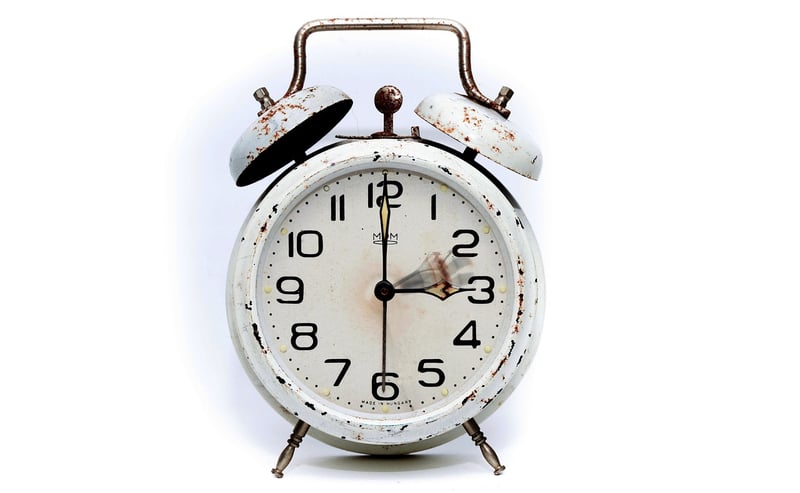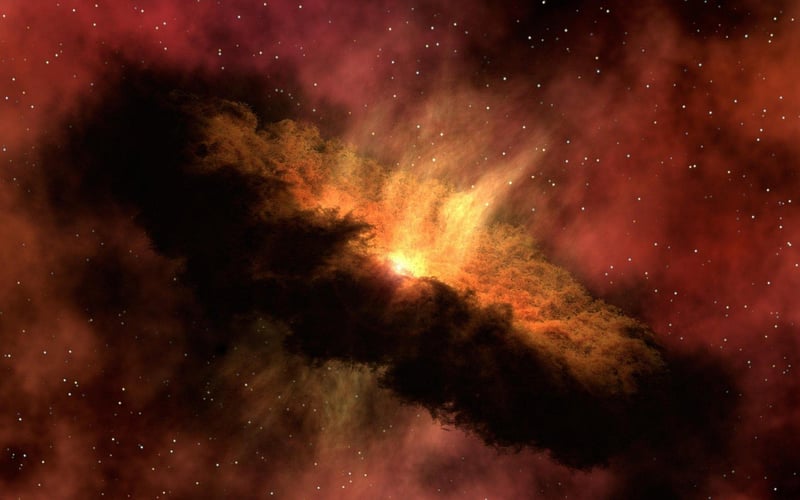Retrocausality
Exploring Time Laws and Retrocausality
Time, a fundamental aspect of the universe, has intrigued humans for centuries. From theories of time travel to the concept of causality, the study of time laws and retrocausality offers a fascinating journey into the nature of existence.
Time Laws
Time laws govern the sequence of events and the direction in which time flows. One of the most well-known time laws is the Second Law of Thermodynamics, which states that the entropy of a closed system tends to increase over time. This law underpins our understanding of irreversible processes and the arrow of time.
Another crucial time law is the Theory of Relativity, proposed by Albert Einstein. This theory revolutionized our perception of time, showing that it is not a constant but relative to the observer's frame of reference. The interplay between space and time in this theory forms the fabric of spacetime, shaping the dynamics of the universe.
Retrocausality
Retrocausality challenges the conventional view of causality by suggesting that an effect can precede its cause. This concept has gained traction in quantum physics, where experiments have shown retrocausal influences at the quantum level.
One interpretation of retrocausality posits that future events can influence past events, creating a feedback loop that transcends traditional notions of time. While still a topic of debate among physicists, retrocausality offers a new perspective on the interconnectedness of events across time.
Conclusion
By delving into time laws and exploring the intricacies of retrocausality, we unravel the mysteries of time and causality. These concepts challenge our perceptions of reality and invite us to contemplate the nature of existence beyond linear time.


For further reading on time laws and retrocausality, check out Nature and Scientific American.
